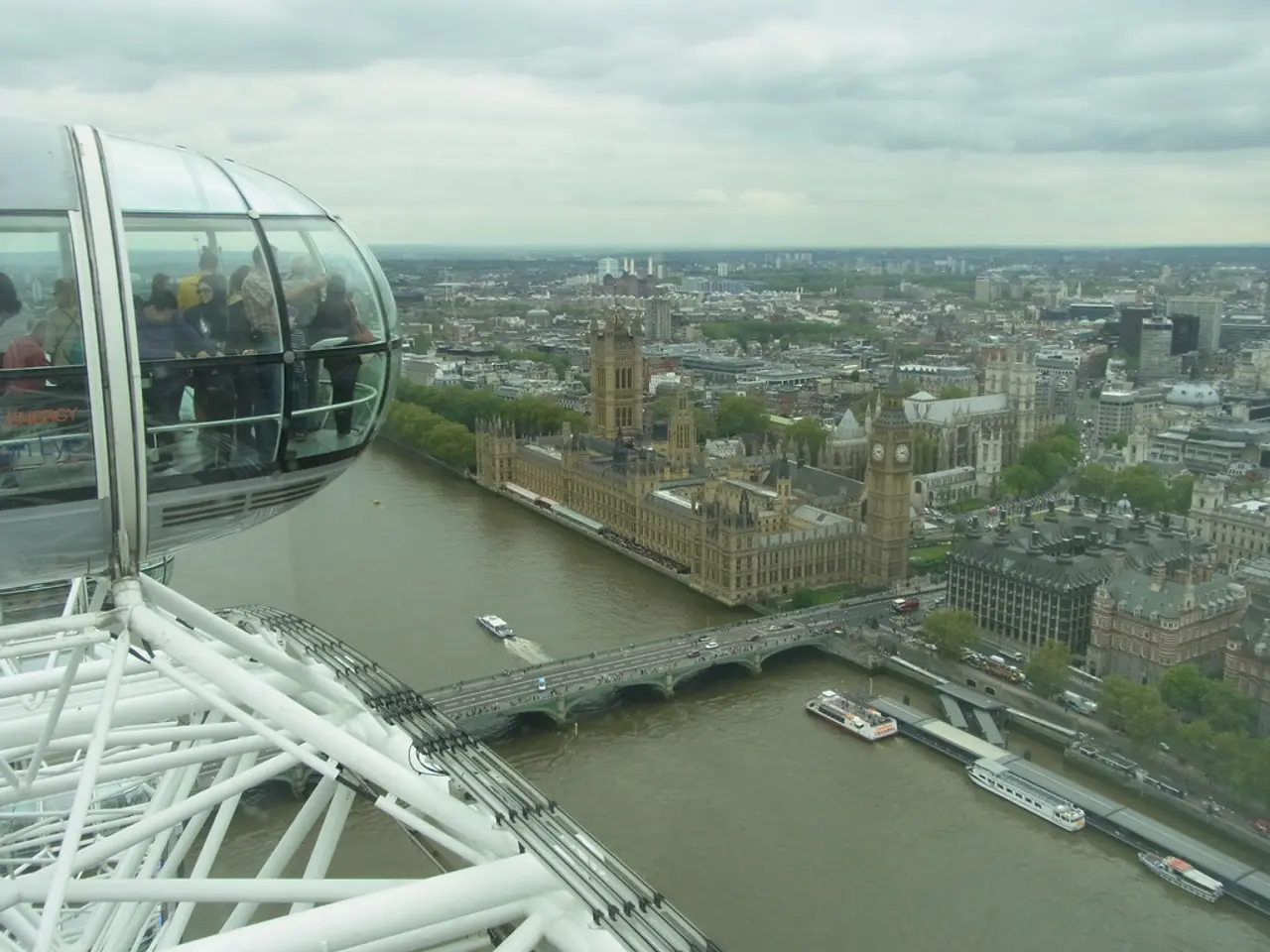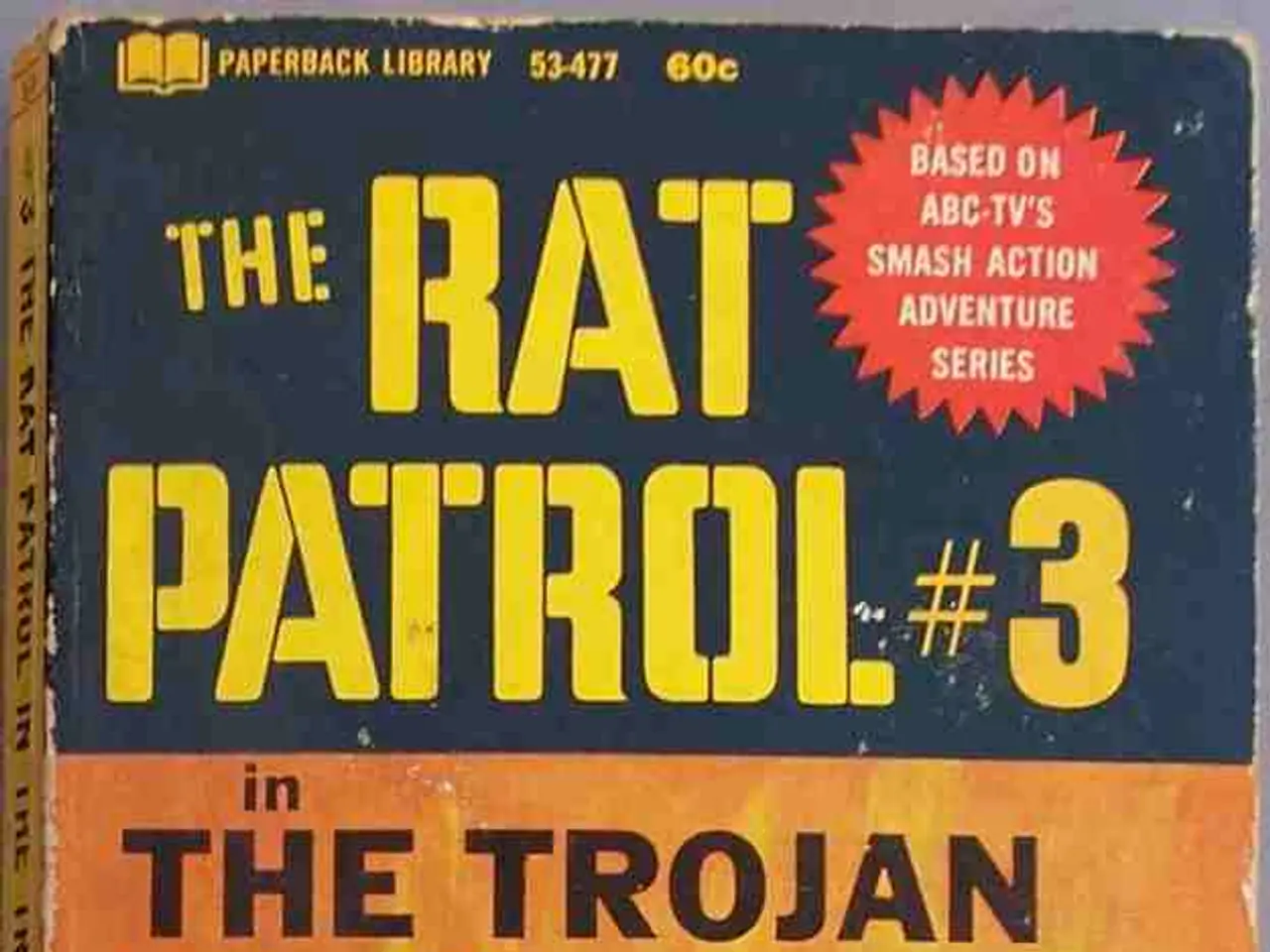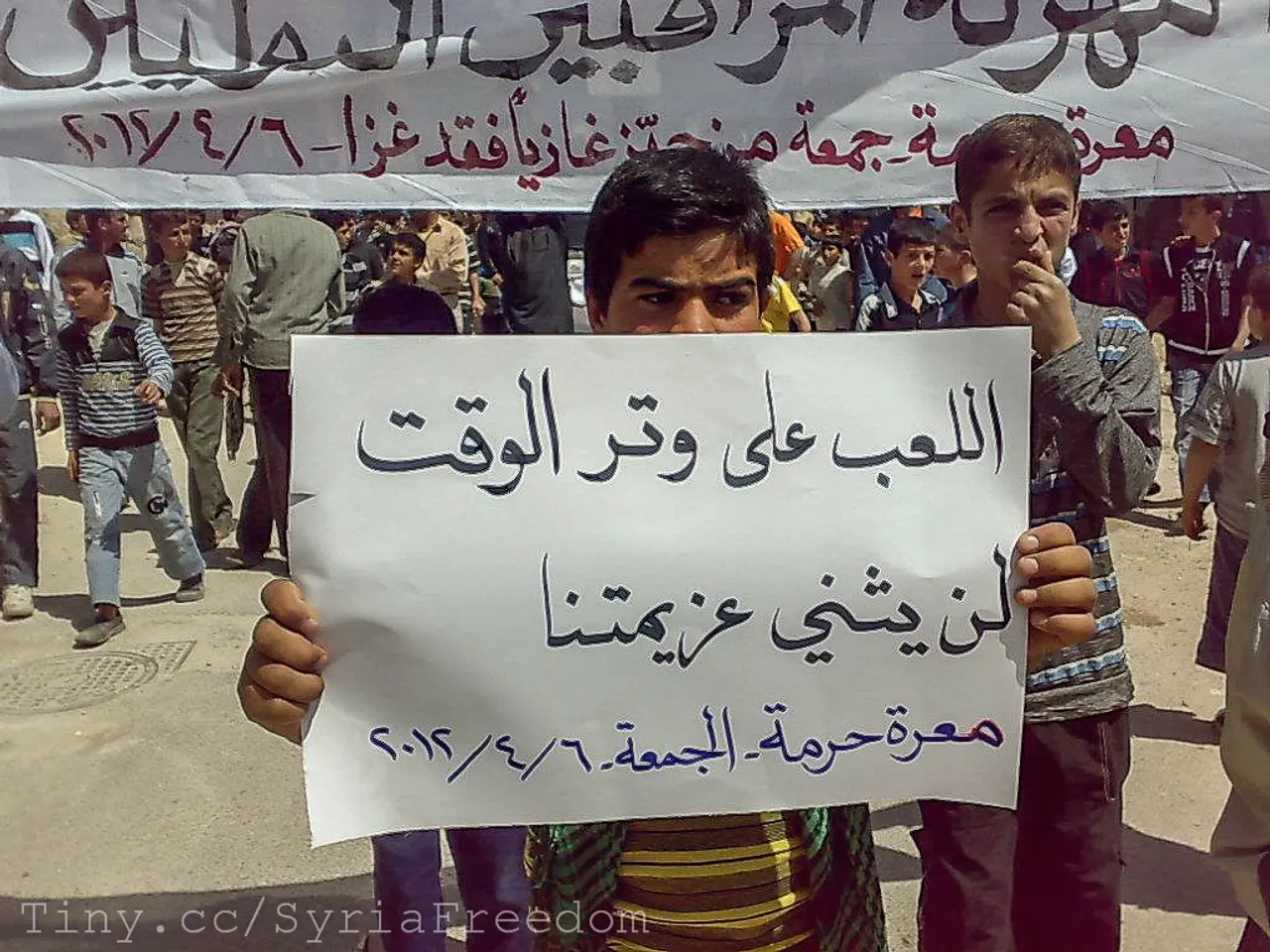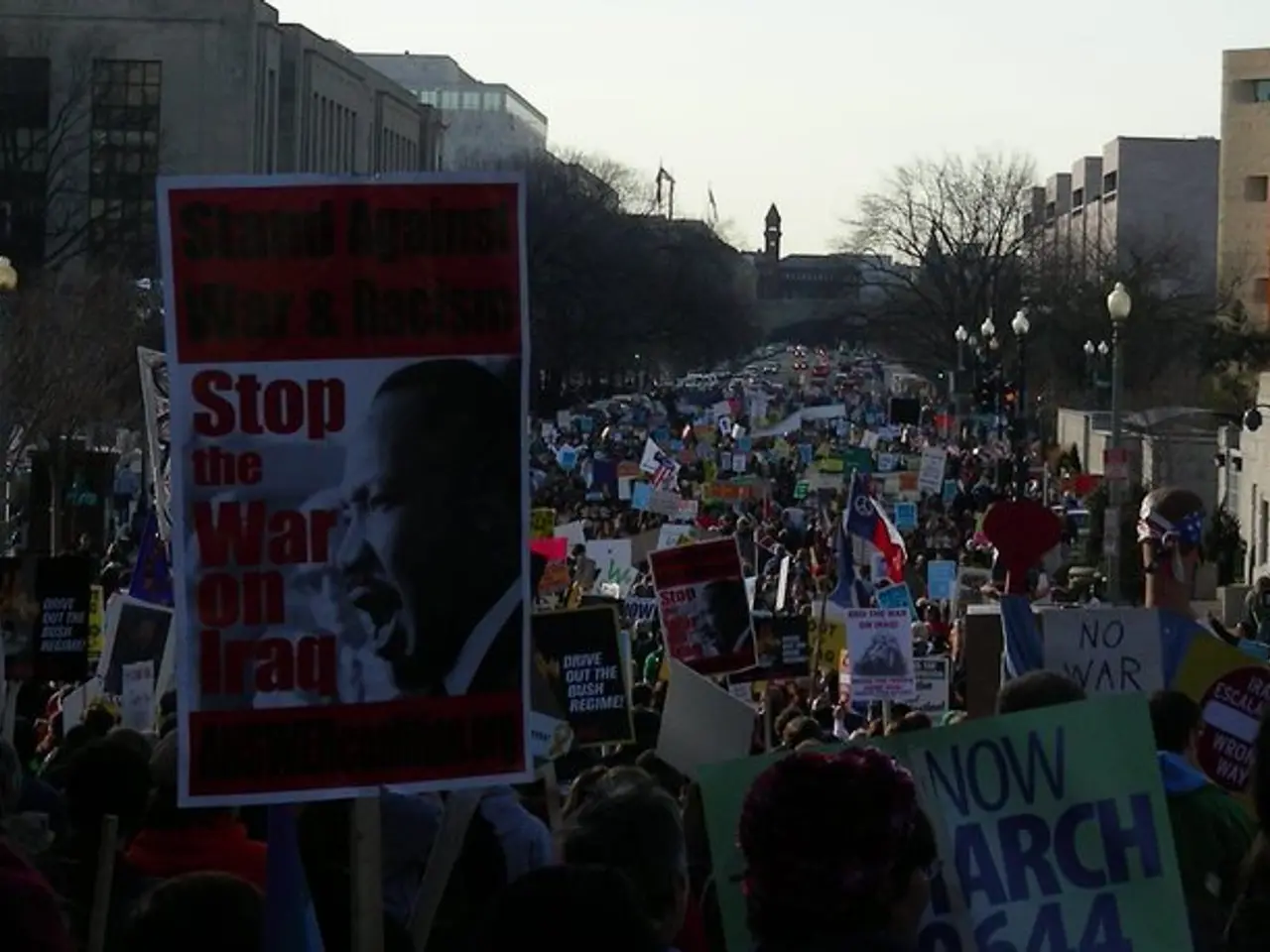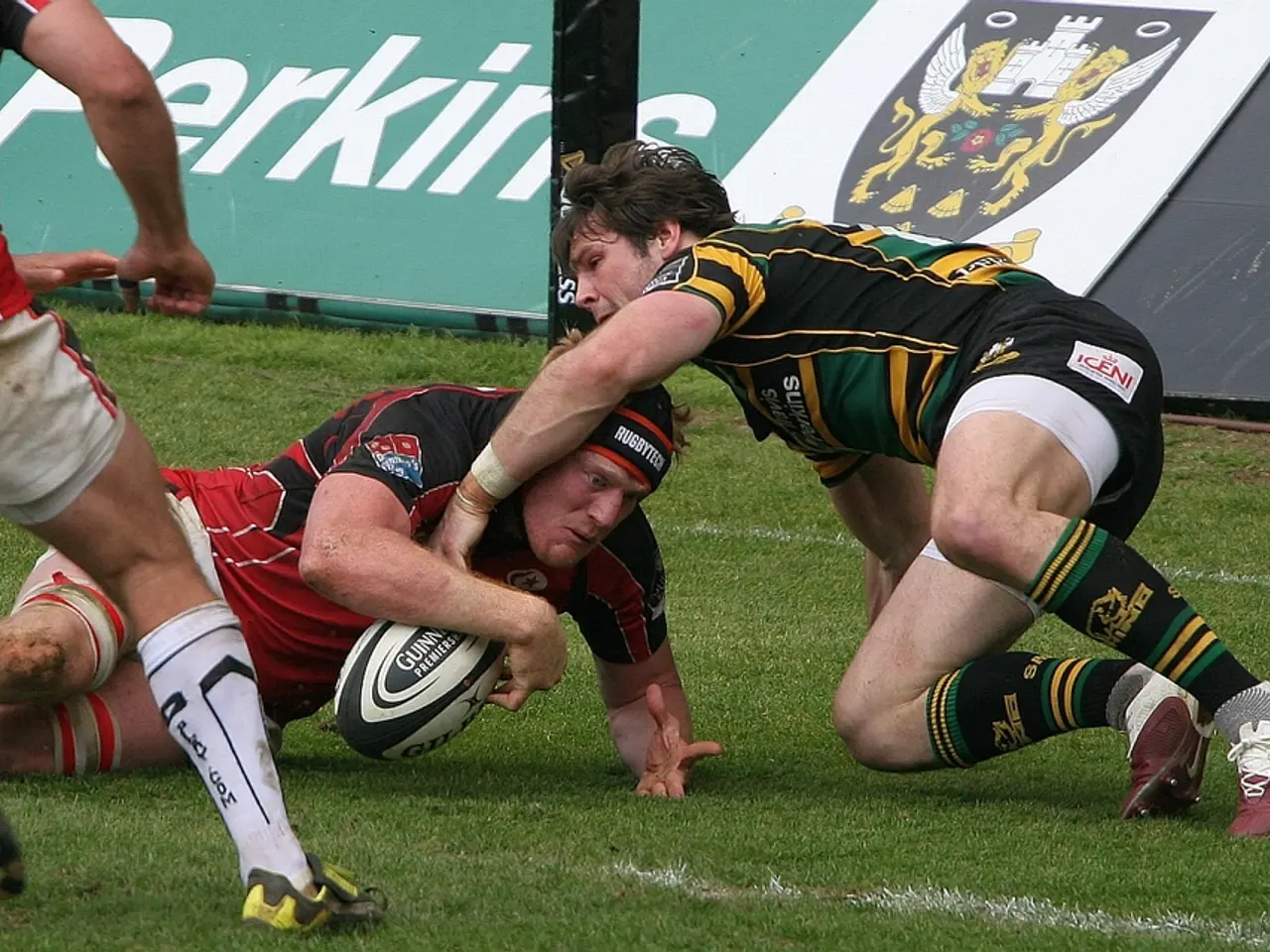A Rocky First Year for Prime Minister Keir Starmer
Rapid Policy Reversals, Winter Aid Mishaps, and Extensive Tax Increases - How Did Things Deteriorate So Swiftly for Keir During His First Year in Office?
Next week marks Prime Minister Keir Starmer's first anniversary in office, but the celebrations in No10 are far from Impressive.
Labour MPs are in open rebellion, forcing the PM into a humiliating climbdown on controversial welfare cuts - his third major U-turn within a single month.
Want politics news straight to your inbox? Sign up for our newsletter
Know your privacy rights: Check our Privacy Policy
The knives are out for Keir's closest adviser, Morgan McSweeney.
In the dark corners of Westminster's pubs, senior Labour figures are starting to question whether Starmer will still hold the Prime Minister position by the time the nation goes to the polls again.
"It sounds crazy, but he might not survive as leader until the next election," one MP says.
"Then the question becomes, who comes next - Wes Streeting or Angela Rayner?"
Behind the Scenes
Both Streeting and Rayner are reportedly quietly sounding out supporters.
Keir Starmer's popularity has nose-dived, UK borders are out of control, and Nigel Farage's Reform UK party are routing him in elections.
It's a steep fall from grace for a man who vanquished the Conservatives in spectacular fashion just 12 months ago.
But how did things unravel so quickly for Starmer?
A Year of Political Missteps
Labour's first year in office has been a whirlwind of dizzying U-turns and fumbles.
The "freebies scandal" left party heavyweights looking greedy, stripping millions of pensioners of their winter fuel allowance before Christmas cast the party as unfeeling, and the eye-watering £40billion of tax hikes in the budget made them appear reckless.
Then came the series of U-turns.
Winter fuel cuts were scrapped after a bloody rout in the local elections, a national inquiry into grooming gangs was only ordered following months of public uproar, and now Keir has been forced into yet another crushing climbdown on welfare cuts.
It was a stunning rebellion, led by rebels who had spent months secretly plotting to sabotage plans to cut £5billion from the welfare budget.
They blindsided No10 with the scale of their revolt. Cabinet ministers were sent out to turn the thumbscrews and sell the reforms, but their efforts were described as half-hearted by insiders.
Work and Pensions Secretary Liz Kendall was letting it be known the scale of the cuts had been forced on her by the Chancellor.
The Rebellion
Rachel Reeves dialed up the pressure by anonymously warning rebels that it was effectively a confidence vote in Keir Starmer, and should they defeat him, his authority would be destroyed.
But her threats fell on deaf ears. The rebels pressed on, and the cuts were massively watered down.
The Chancellor was sidelined from negotiations—lead by Deputy Prime Minister Angela Rayner and Chief Whip Alan Campbell.
Labour MPs claim Rachel's credibility has been shredded. A growing number want her out.
This whole saga has dealt a severe blow to Keir's authority, turning the halls of Westminster into a battleground for his political survival.
Labour MPs complain they never see Keir in the tea room, and he rarely shows up to vote.
A Ruthless Reputation
Keir Starmer has earned a reputation for being ruthless when he needs to be.
But now he is also seen as disloyal.
He has cut ties with senior aides, including his first Chief of Staff Sue Gray, and other popular staffers.
One assistant was summoned for a meeting, fired, and found his belongings already packed up in a cardboard box upon his return to his desk.
"It's brutal," another staffer recalls, "Keir shows no loyalty."
There are growing murmurs that Keir's top adviser, Morgan McSweeney, could soon be leaving his position.
Multiple MPs, even some loyal Starmerites, have sharpened their knives for him.
One rumor circulating among a small circle of well-connected Labour figures suggests Morgan wants to return to Labour HQ to lead the campaign and election strategy for 2029.
Liz Lloyd — Tony Blair's former Deputy Chief of Staff and Starmer's current Director of Policy— is rumored to be a replacement nominee for Morgan, according to the rumor.
However, senior figures in No10 quickly denied this, insisting Morgan is not going anywhere.
Keir Starmer and his team are aware that the first year has been chaotic. They are now focusing on moving into "phase 2" of governance.
After making difficult decisions, the government intends to use the borrowed funds for projects like building homes, fixing potholes, and enhancing NHS appointments to inspire optimism for the future.
But the electorate is more volatile than ever, with old party allegiances fragmented.
Conservatives, Labour, Reform—it's easy to find voters who have voted for each of these parties in recent years.
If Sir Keir Starmer wants to hold on to his supporters, he must offer them something to support—tackling crime and reining in border control will be critical.
There are early signs the NHS is improving, but it must learn not just to see patients faster but to care for them with dignity and respect if the government wants its funding.
On defense, the PM must stand firm in support of Ukraine and increasing defense spending.
It's not yet too late for Keir Starmer to turn things around.
But for him to avoid falling further into turmoil, he must summon the courage to champion big reforms and maintain the loyalty of his supporters.
In light of the political turmoil and a series of challenges faced by Prime Minister Keir Starmer, discussion surrounding war-and-conflicts, crime-and-justice, and policy-and-legislation have gained prominence. Analysts are questioning Starmer's ability to lead on defense, notably his stance on Ukraine and increasing defense spending, as well as his approach to tackling crime and reining in border control. The general-news landscape is abuzz with speculation about the future of Starmer's policymaking, particularly in relation to his proposed reforms and the loyalty of his supporters.
